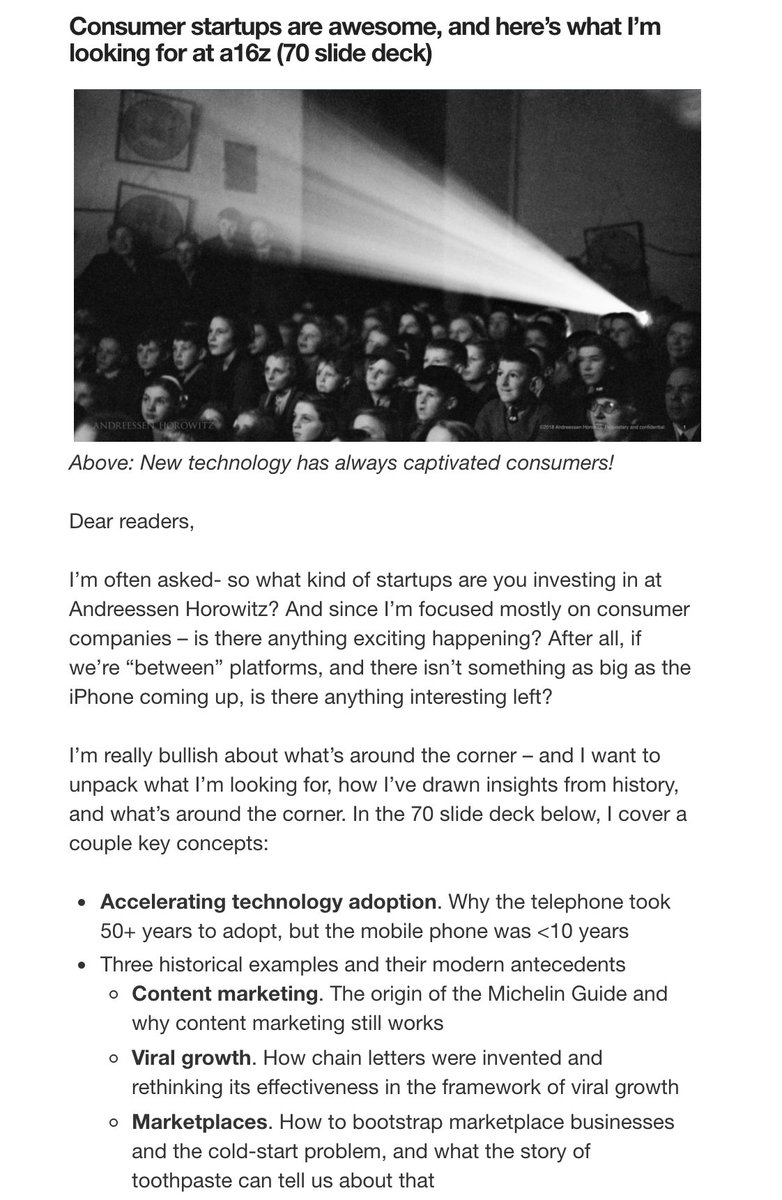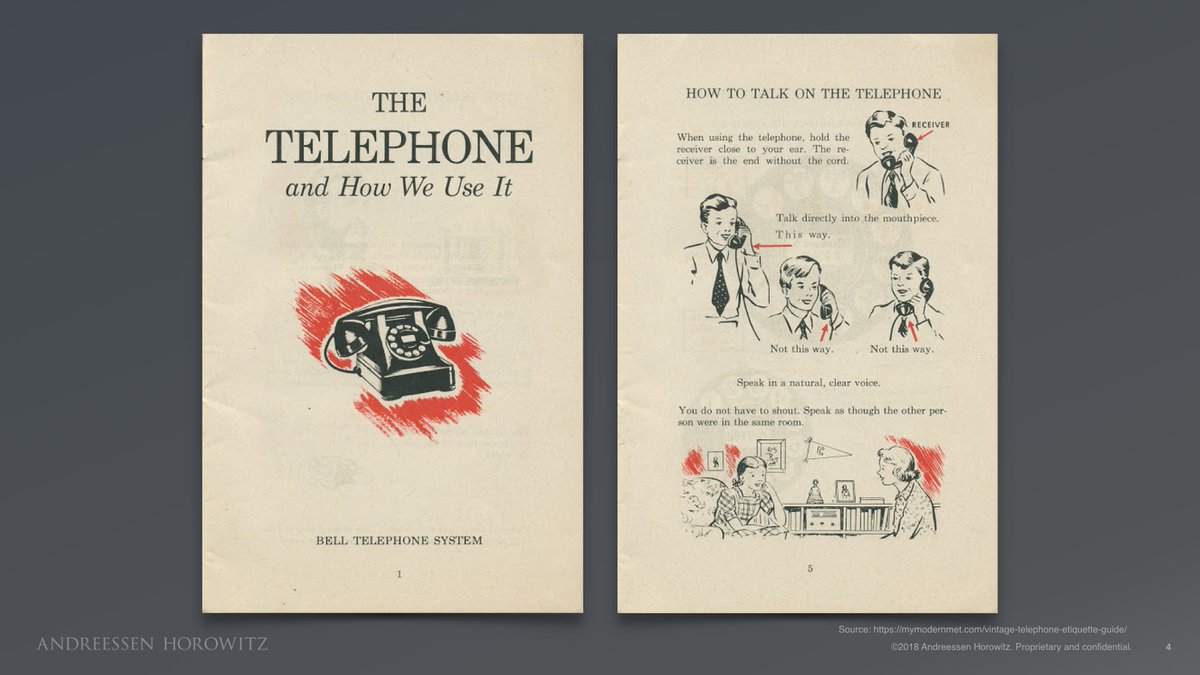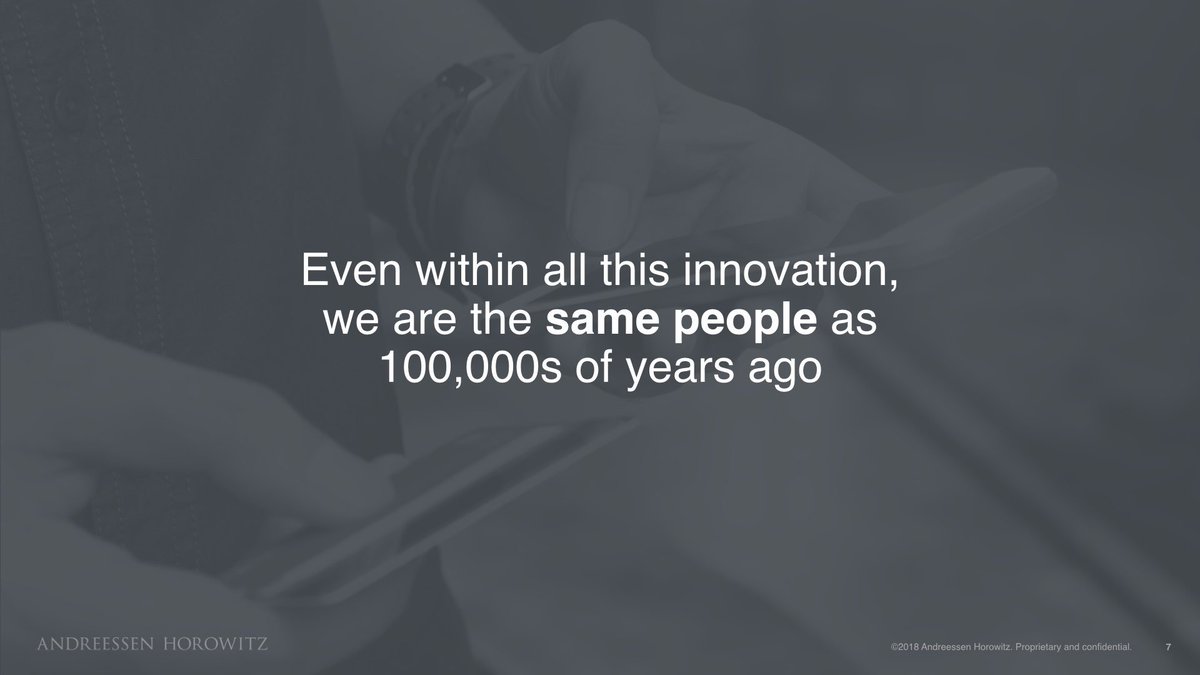1/ Throughout my startup career, I’ve seen many founders have an aversion to sales. This is a mistake that can kill your startup.
More from Justin Kan
I just gave a talk to the W2021 YC batch. It's my favorite startup audience to talk to. Here are some of the highlights:
Finding product market fit is the critical thing to do in a startup.
Everything else: demo day, what investors you get, how much you raise, what press covers you -- it is all window dressing.
Many founders don’t want to talk to their customers because it makes them vulnerable, because it's hard work, because it's scary. Creating a tight feedback loop with customers is the one thing that will help you discover PMF.
If a customer isn't one of your cofounders, try to create a customer panel that allows as tight of a loop as possible. Call them daily. Put them in your Slack.
My Twitch cofounder Emmett Shear has a great analogy on PMF here: it's like rolling a boulder downhill.
Finding product market fit is the critical thing to do in a startup.
Everything else: demo day, what investors you get, how much you raise, what press covers you -- it is all window dressing.
Many founders don’t want to talk to their customers because it makes them vulnerable, because it's hard work, because it's scary. Creating a tight feedback loop with customers is the one thing that will help you discover PMF.
If a customer isn't one of your cofounders, try to create a customer panel that allows as tight of a loop as possible. Call them daily. Put them in your Slack.
My Twitch cofounder Emmett Shear has a great analogy on PMF here: it's like rolling a boulder downhill.
1/ What is \u201cproduct/market fit\u201d? I\u2019m not sure I can give you a definition. But maybe I can share what the subjective difference is in how it feels when you have it and when you don\u2019t. Founding a startup is deciding to take on the burden of Sisyphus: pushing a boulder up a hill.
— Emmett Shear (@eshear) July 27, 2019
More from Startups
1/ Tuesday was my last day as CEO of @CircleUp. I’ve been CEO since starting the co. in 2011 with my co-founder @roryeakin.
This is a thread about what happened, why and my emotions about it. For more detail:
https://t.co/vYImcm1bTM
Much of this I have never talked about.
2/ My goals: I hope it helps founders feel less lonely than I did. Little public content about the challenges of transitioning exists, but I longed for it. I’m not here to provide a playbook- just to share my experience. Hope it might build greater empathy.
Here goes….
3/ Why: When I tell people that I’m transitioning to an Exec Chairman role their first question is always: “why?” Short answer: co. pivot + fertility issues + health issues + a false sense that grit was always the answer = burnout. Long answer: is longer so hang in there with me
4/ Over a 12-18 month period that ended in late 2017 I ran my tank far beyond empty for far too long. You know that sound your car makes when it’s sputtering for more gas? It was like that. Worst year of my life. Since then it has felt like bone on bone.
5/ Here is what happened:
Professionally: pivoting a Series C company was a living hell in and of itself, as I’ve talked about before.
This is a thread about what happened, why and my emotions about it. For more detail:
https://t.co/vYImcm1bTM
Much of this I have never talked about.
2/ My goals: I hope it helps founders feel less lonely than I did. Little public content about the challenges of transitioning exists, but I longed for it. I’m not here to provide a playbook- just to share my experience. Hope it might build greater empathy.
Here goes….
3/ Why: When I tell people that I’m transitioning to an Exec Chairman role their first question is always: “why?” Short answer: co. pivot + fertility issues + health issues + a false sense that grit was always the answer = burnout. Long answer: is longer so hang in there with me
4/ Over a 12-18 month period that ended in late 2017 I ran my tank far beyond empty for far too long. You know that sound your car makes when it’s sputtering for more gas? It was like that. Worst year of my life. Since then it has felt like bone on bone.
5/ Here is what happened:
Professionally: pivoting a Series C company was a living hell in and of itself, as I’ve talked about before.
1/ We Pivoted a few yrs ago. This is the story- mostly my feelings. It has never been told publicly.
— Ryan Caldbeck (@ryan_caldbeck) April 16, 2019
This will be rambly and represents the chaos in my head at the time. There is [hopefully] no advice here. I don\u2019t know if we did it right.























